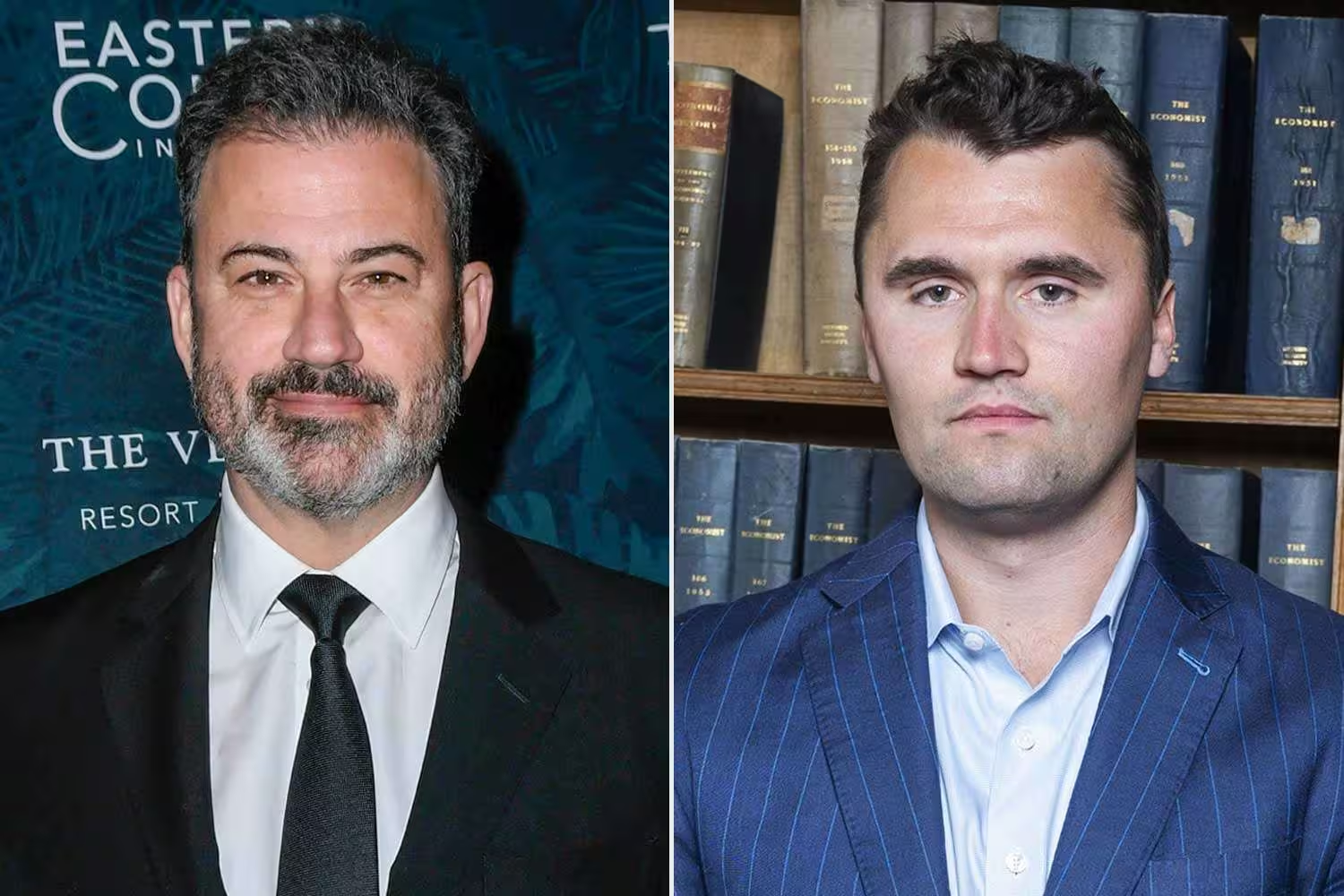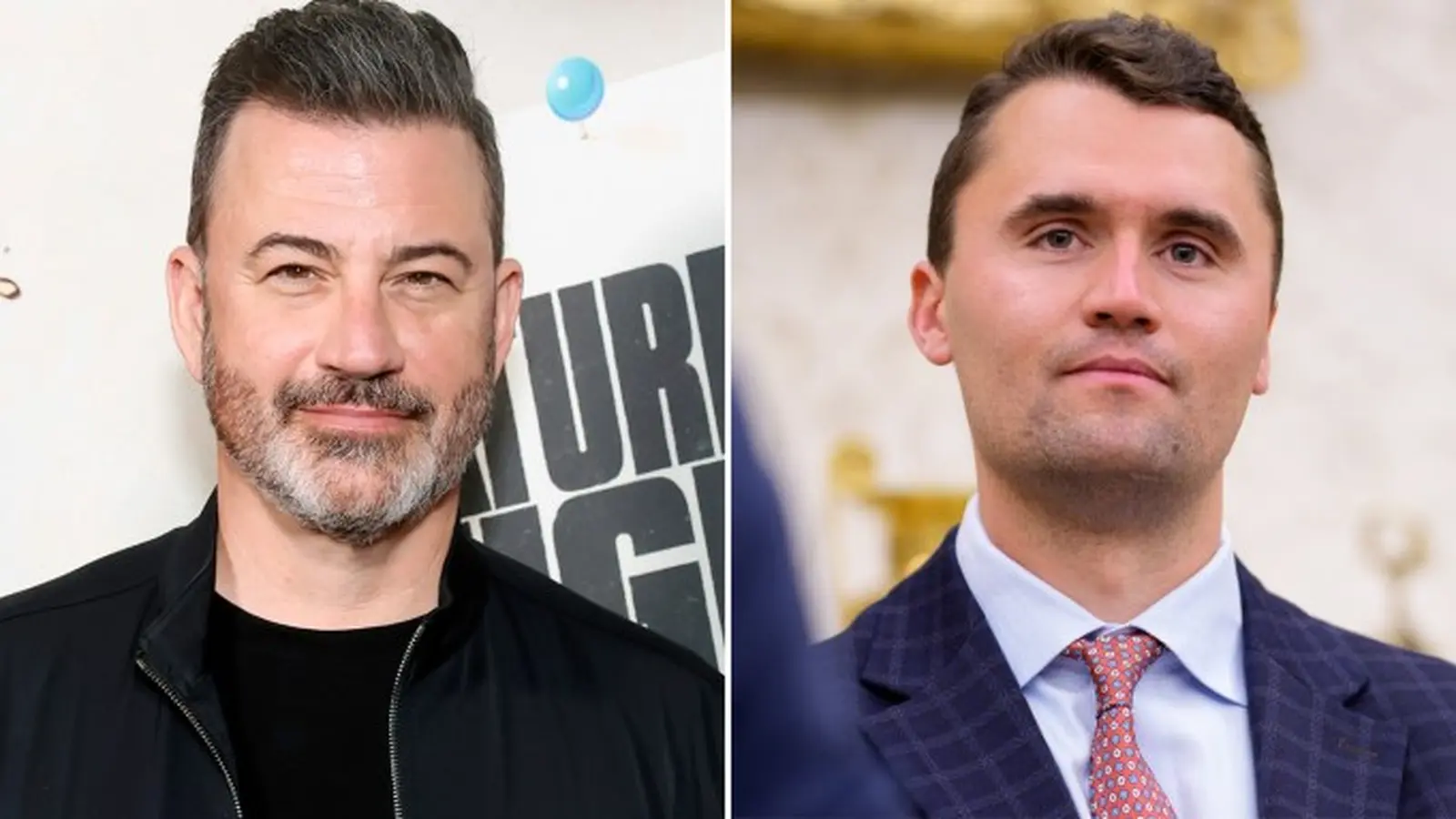5 Minutes
ABC’s decision to preempt Jimmy Kimmel Live! indefinitely has sent shockwaves through the television industry and late‑night community. The move followed comments from host Jimmy Kimmel about the fatal shooting of conservative activist Charlie Kirk, and came after Nexstar — which operates 32 ABC affiliates — announced it would drop the show from its local lineups. The dispute underscores a fraught moment for broadcast television where political controversy, regulatory pressure and corporate consolidation intersect.
What happened and why it matters
On September 15 Kimmel addressed the reaction to Kirk’s killing on his opening monologue, prompting swift backlash from some conservative politicians and media figures. Nexstar released a statement saying its ABC‑affiliated stations would preempt Jimmy Kimmel Live! “for the foreseeable future,” citing objections to the host’s remarks. ABC also confirmed the show would be pulled indefinitely from its national schedule.
The controversy escalated when FCC Chairman Brendan Carr publicly criticized Kimmel’s comments and suggested the agency might examine whether action was warranted. That intervention was notable: regulators rarely comment in real time on individual broadcast segments. Carr later praised broadcasters for responding, framing the network decisions as serving community standards.
Late‑night at a crossroads
For viewers and industry watchers the incident is more than a single suspension. Late‑night television has long been a lightning rod for cultural debate — from Bill Maher’s Politically Incorrect cancellation in the early 2000s to the more recent adjustments at major networks. Stephen Colbert’s ouster earlier this year and shifts at Comedy Central and MSNBC after the Kirk shooting have already illustrated how sensitive platforms and advertisers can be when political violence becomes part of the cultural conversation.
Jimmy Kimmel Live!, which debuted in 2003 and is filmed on Hollywood Boulevard, has faced controversy before and remains a major late‑night brand. But in an era of mergers and shrinking linear ad revenues, networks and station groups weigh reputational risk and regulatory optics carefully. Nexstar’s move is also viewed in the context of its ongoing efforts to consolidate and expand — decisions that sometimes hinge on public and political perception as much as ratings.

Industry context and parallels
The current situation echoes past moments when broadcast content collided with political pressure. Bill Maher’s cancellation followed advertiser withdrawals during the early War on Terror; more recently, the removal of a South Park episode and personnel changes at cable news outlets demonstrate how quickly content can be rerouted or disappear in reaction to controversy.
There is also an operational side: network executives must balance legal risk, affiliate relationships, and advertiser sentiment while navigating an increasingly fragmented audience that can migrate to streaming, social platforms, or podcasts. Nexstar’s decision to preempt Kimmel on its stations — but not uniformly across all ABC affiliates — highlights the decentralized nature of American broadcast systems.
Reactions, possible outcomes and what to watch next
Representatives for Kimmel have not issued a public comment about the preemption; whether this becomes a permanent removal, a temporary suspension, or the subject of litigation remains uncertain. Observers will be watching Nexstar’s affiliate lineup, ABC’s broader programming strategy, and any formal FCC follow‑up.
The episode could also influence how late‑night hosts approach politically charged moments. Some shows may self‑censor or avoid hard‑edged political commentary, while others could double down as audiences seek opinionated voices. Advertisers and station groups will monitor ratings and public reaction closely.
"This incident is a snapshot of a larger industry tension," says Anna Kovacs, film and television critic. "Networks are juggling commercial pressures, regulatory scrutiny and audience fragmentation. The late‑night format is changing fast, and today's controversies accelerate those shifts."
Beyond headlines, the story raises questions about freedom of expression, corporate governance in media, and how cultural institutions respond when politics and violence collide. For cinema and television fans, the episode is a reminder that broadcast shows don't exist in a vacuum — they’re part of an ecosystem shaped by viewers, advertisers, regulators and political actors.
Takeaway: the removal of a major late‑night program from national airwaves is a rare event in modern TV history. Whether Jimmy Kimmel returns to ABC, moves to another platform, or becomes the subject of extended legal and regulatory battles, the situation will be a key case study in how entertainment, journalism and politics intersect in 21st‑century broadcasting.
Source: deadline



Leave a Comment